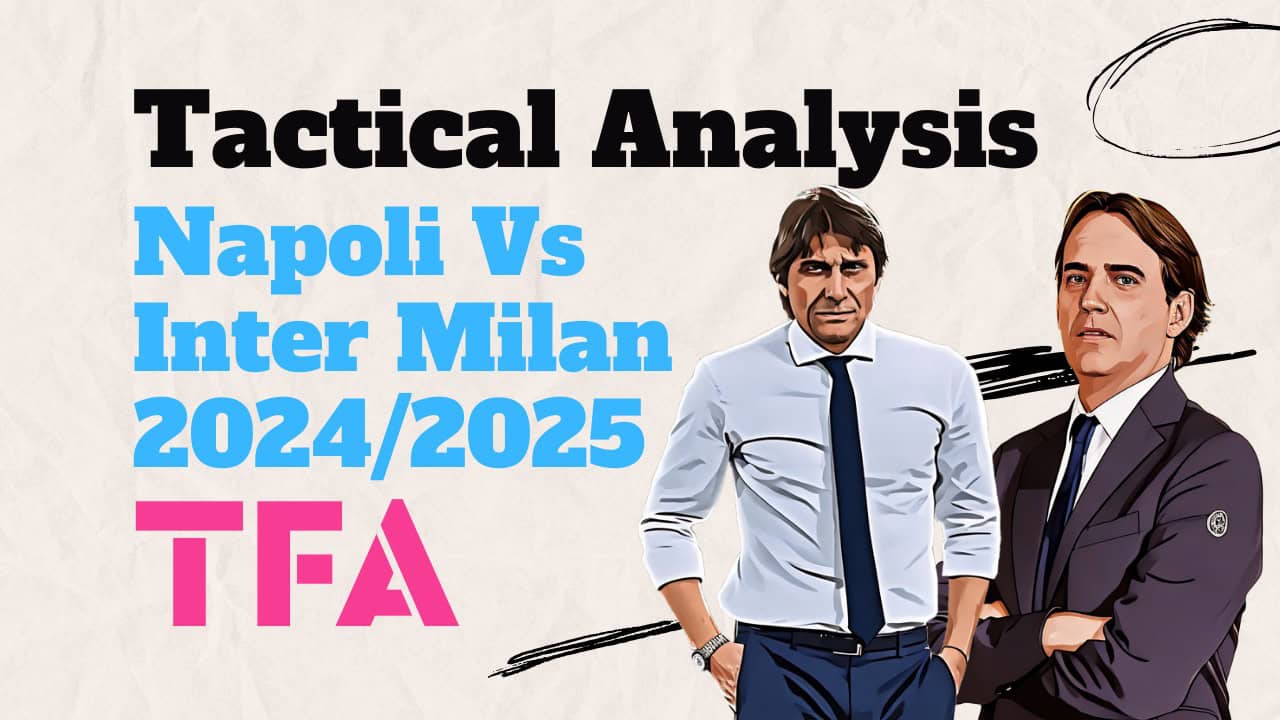
Inter Milan's Historic Sunday Match: A Tactical Analysis
In a groundbreaking moment for Serie A, Inter Milan recently became the first club in the league's history to play a league match on a Sunday before a European semifinal. This unprecedented scheduling decision has ignited vigorous discussions among fans, analysts, and football strategists alike, as they ponder the potential impact on the team's performance and preparation at such a crucial juncture in the season.

A Unique Scheduling Dilemma
With European competitions often taking center stage in a club's calendar, scheduling a Sunday match just days prior to a significant semifinal creates a unique set of challenges. For Inter, the need to secure league points while simultaneously managing player fatigue and tactical focus becomes increasingly critical. Giuseppe Marotta, Inter's chief executive, expressed his concerns about the tight schedule: "It’s not ideal for our players to have such a tight schedule, especially with the intensity of European competition looming."
This situation is compounded by the fact that Inter is deeply embedded in a tight Serie A title race, where every point counts. The pressure to maintain league momentum could influence coach Simone Inzaghi's tactical choices, as he balances the team’s domestic aspirations against the allure of European glory.
Tactical Implications for Inzaghi
As Inter approaches this historic match, tactical considerations become paramount. Inzaghi must decide whether to field a strong lineup to maintain league performance or rest key players to safeguard their fitness for the European clash. This dilemma reflects a broader trend in football where clubs grapple with the demands of multiple competitions.
Inter's tactical setup, traditionally characterized by a versatile 3-5-2 formation, may see adjustments as Inzaghi navigates these tight scheduling waters. The formation allows for both defensive stability and attacking threats, but the effectiveness of this strategy hinges on player fitness levels.
Should Inzaghi opt to rotate his squad, he might introduce younger players or those who have not featured prominently in recent matches. This could lead to a more cautious approach in the league, focusing on maintaining possession and controlling the tempo of the game rather than assuming an aggressive stance.
Key Player Management
Strategically, player management plays a pivotal role in this scenario. Key figures like Lautaro Martínez and Nicolò Barella are central to Inter’s attacking dynamics and their involvement in the Sunday match could be a double-edged sword. On one hand, their experience and skill are invaluable; on the other, over-exertion could jeopardize their availability for the European semifinal.
"The challenge is to keep the intensity high while ensuring that we don’t overextend our key players," Inzaghi acknowledged in a recent interview. "Tactical decisions must be made with a careful eye on player fitness and long-term goals."
The Spotlight of History
This Sunday clash does not merely represent an anomaly in scheduling; it could redefine the implications of fixture organization in Serie A. The decision to allow a league match in such proximity to a pivotal European fixture may set a precedent for future seasons.
Fans have been vocal about their concerns regarding player fatigue and fixture congestion. The scheduling could spark discussions among league officials about prioritizing clubs involved in European competitions, potentially leading to adjustments that consider the physical demands on players.
Football is increasingly about managing various competitions simultaneously, and this situation illustrates the tightrope walk that clubs must perform to balance domestic and European ambitions.
Potential Outcomes
The outcome of this match could have long-lasting ramifications. If Inter successfully manages to secure points in Serie A while preserving player fitness for the European semifinal, it would bolster their confidence and demonstrate their resilience. However, failure on either front could raise questions about tactical planning and player management.
As the match day approaches, the footballing community will be watching closely to see how Inzaghi adapts his tactics to maximize performance amid these unusual circumstances. The choices made in the coming days could influence not only Inter’s immediate future but also how clubs across Italy approach scheduling in the seasons to come.
Conclusion
Inter Milan's historic Sunday match is more than a footnote in Serie A annals; it is a pivotal moment that may influence how clubs approach their schedules moving forward. The tactical decisions made in the wake of this scheduling anomaly will undoubtedly face scrutiny. They could also shape the future of fixture organization in Italian football, ensuring that the demands of domestic and international competitions are balanced more effectively.
As the match unfolds, fans will hold their breath, eager to see whether Inter prioritizes their Serie A aspirations or focuses solely on the European dream.
For ongoing updates and insights, fans can refer to sources like Yahoo Sports and join the conversation surrounding this significant moment in Italian football history.
